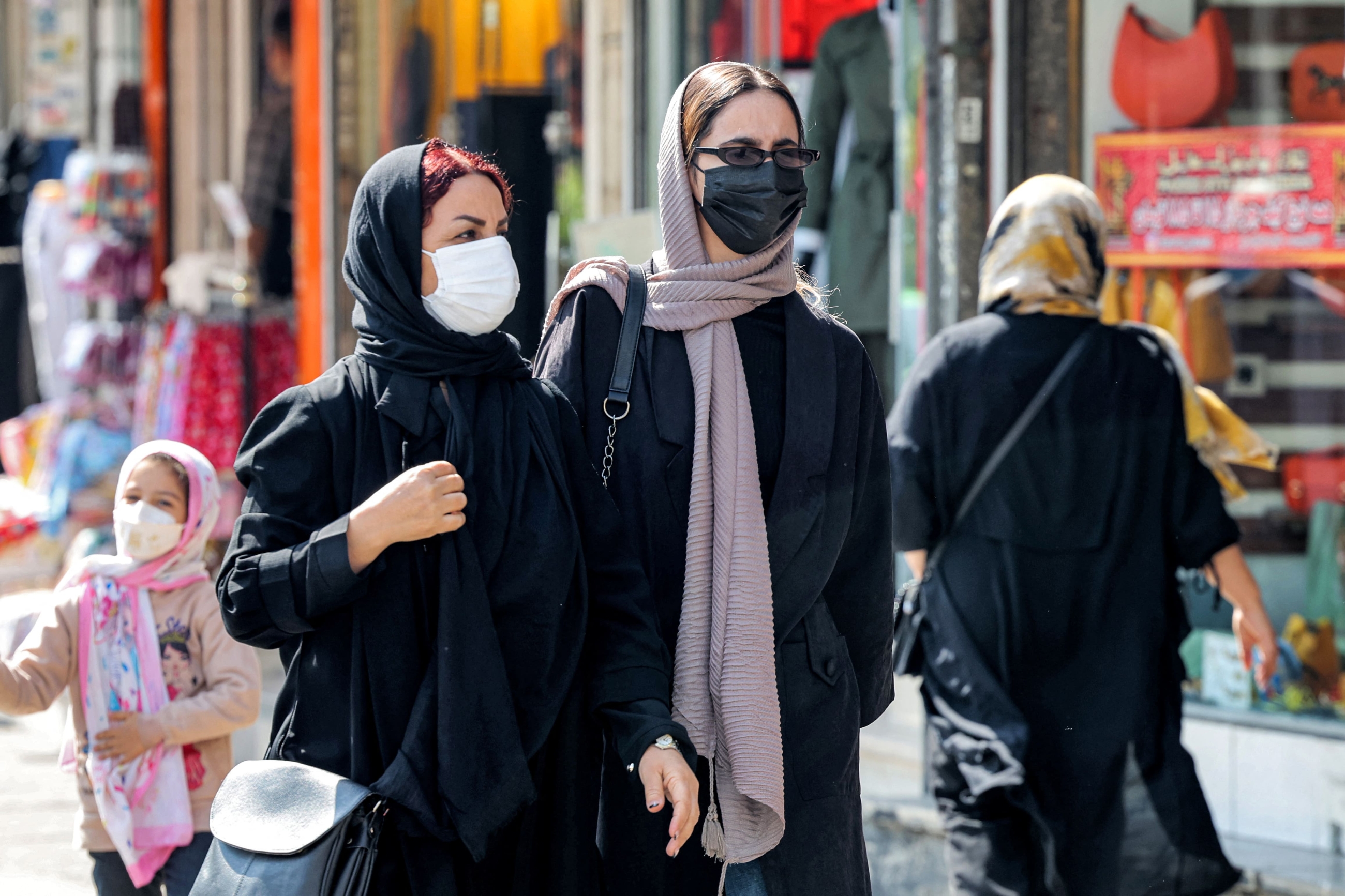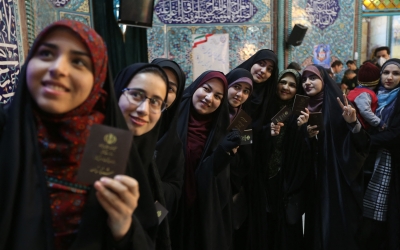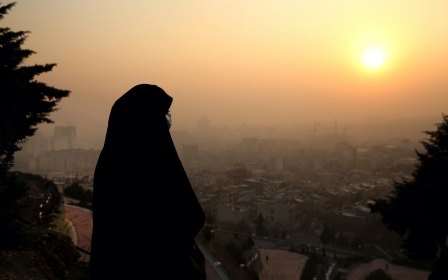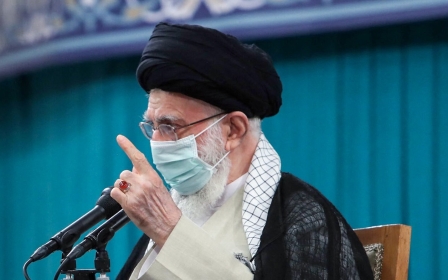Iran: New law to boost birth rate will 'endanger women', HRW warns

An Iranian draft law aimed at raising the birth rate will put women's lives at risk by denying them access to reproductive health care, Human Rights Watch (HRW) warned on Wednesday.
Iran's Guardian Council approved the "rejuvenation of the population and support of family" bill earlier this month.
The new legislation, which is set to become law before the end of November, will provide some benefits to families with children, but outlaw sterilisation and free distribution of contraceptives in the public healthcare system unless pregnancy threatens a woman's health.
"Iranian legislators are avoiding addressing Iranians' many serious problems, including government incompetence, corruption and repression, and instead are attacking women's fundamental rights," HRW's senior Iran researcher, Tara Sepehri Far, said.
"The population growth law blatantly undermines the rights, dignity and health of half of the country's population," she added, "denying them access to essential reproductive healthcare and information."
Data published by Iran's Statistics Center in 2020 found that between March 2019 and March 2020 the country recorded its lowest birth rate "in eight years", the Tehran Times reported.
Over the past decade, Iran has pivoted its population policy from providing family planning and contraception to boosting population growth by limiting women's access to sexual and reproductive healthcare.
The new bill would be a step back for policies once seen as a success story by international organisations, HRW said.
The new demographic goal has led to several pieces of proposed legislation "that discriminate against women to reinforce the concept of women’s primary role as mothers in charge of child-rearing," the rights group added.
The bill has some positives, including increased employment benefits for pregnant women and those who breastfeed, but it does not address discrimination at work or in hiring practices towards women without children.
What's more, HRW report, several articles further limit already restricted access to safe abortion.
Currently abortions are legal in Iran during the first four months of pregnancy if three doctors agree that a pregnancy threatens a woman's life or the foetus has severe physical or mental disabilities.
But most abortions in the country take place illegally. According to Kubra Khazali, the head of the Women's Social Council in Iran, "600,000 illegal abortions are performed annually".
HRW warned that "Iranian authorities should immediately repeal the provisions that restrict human rights". The new population law, once signed, will remain in effect for seven years.
Middle East Eye propose une couverture et une analyse indépendantes et incomparables du Moyen-Orient, de l’Afrique du Nord et d’autres régions du monde. Pour en savoir plus sur la reprise de ce contenu et les frais qui s’appliquent, veuillez remplir ce formulaire [en anglais]. Pour en savoir plus sur MEE, cliquez ici [en anglais].





